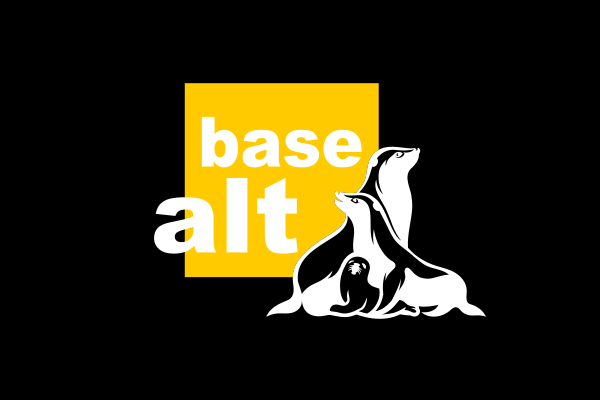Announced in May 2025, FreeBSD 14.3-RELEASE introduces a broad set of updates that enhance security, improve hardware support, and refine userland components. These changes reflect the FreeBSD project’s ongoing commitment to delivering stable and production-ready releases.
Security has been a central focus in this version. Several vulnerabilities have been resolved, including issues related to OpenSSH, buffer overflows in specific filesystems accessed via NFS, unintended access to system files by unprivileged users, and the disclosure of kernel memory through the use of ktrace(2). Complementing these fixes, errata updates have addressed problems such as a NULL pointer dereference in the NFSv4 client, complications in system call auditing involving DTrace, and revisions to the timezone database. To ensure continued cryptographic integrity and secure communication, OpenSSL has been upgraded to version 3.0.16, and the root certificate bundle has also been refreshed.
System startup and upgrade mechanisms have also evolved. The boot loader now prioritizes the v3 (64-bit) entry point in SMBIOS for both EFI and non-EFI boots, which brings it in line with contemporary hardware expectations and promotes platform consistency. For users updating from earlier versions of FreeBSD, binary upgrades can be performed using the freebsd-update(8) utility, while source-based upgrades remain an option for advanced users. In either case, making a full system backup prior to upgrading is strongly recommended.
On the networking side, this release brings extended compatibility and enhanced functionality. The ix(4) driver now accommodates 1000BASE-BX SFP modules, which allows better support for 1Gbit BiDi modules. Meanwhile, the igc(4) driver has been updated to recognize and support I226-K and LMVP devices, offering notable improvements for those using certain ASRock motherboards. In addition, the ip6addrctl(8) utility can now operate within jails, simplifying IPv6 address selection policy management for users deploying lightweight containers or slim jails.
Hardware and virtualization support have both been broadened, with continuous development in device drivers and virtualized environments. Users seeking detailed compatibility information should refer to the official hardware compatibility list to confirm support for specific CPU architectures and peripherals.
The Ports Collection and package infrastructure have also seen updates in this release. These changes aim to streamline the experience of managing and installing software packages across FreeBSD systems.
Looking ahead, there are important notes concerning platform support. The upcoming FreeBSD 15.0 release will discontinue support for most 32-bit platforms, with the exception of armv7. Continued reductions in 32-bit support are anticipated in subsequent versions. Despite this shift, the stable/14 branch will maintain support for 32-bit kernel and world builds until its projected end of life in November 2028. After this date, deprecated 32-bit platforms will no longer receive official updates or support.






















